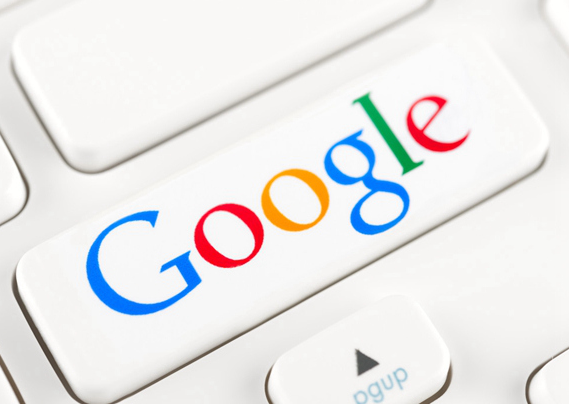Google Updates SEO Guidelines for AI-Generated Content: Focusing on Content Quality Rather Than Distinguishing Between Human and AI
-
Google has long advocated the principle of 'content written by humans, for humans.' However, in a recent update, the search giant quietly revised its rules, acknowledging the rise of artificial intelligence.

In the latest version of Google Search's Helpful Content Update, the phrase 'written by people' has been replaced with a statement: Google is continuously monitoring 'content created for people' to rank websites on its search engine.
The new wording indicates that Google recognizes AI as a heavily relied-upon tool in content creation. However, the leading search engine is not solely focused on distinguishing between AI and human-generated content but aims to highlight content that is beneficial and valuable to users, regardless of whether it is produced by machines or humans.
At the same time, Google is investing in AI technology across its products, launching AI-powered news generator services, developing its own AI chatbot Bard, and introducing new experimental search features. Thus, the updated guidelines align with the company's strategic direction.
The search engine remains committed to rewarding original, useful, and genuinely valuable human-written content.
John Mueller, Google's Search Relations team lead, stated on Reddit: "By definition, if you use AI to generate content, it's essentially rehashed from other websites."
This is a subtle distinction with significant implications. Many websites and publications base their entire editorial strategies on Google's ranking system, and Search Engine Optimization (SEO) is a multi-billion dollar industry. Millions of people scrutinize Google's limited information about its systems, where even the smallest changes can have massive impacts.
The survival of online businesses often hinges on appearing on Google's first page, yet achieving this remains largely a guessing game. Google does provide some guidance, stating its algorithms rank pages based on "usefulness." The company releases annual "Helpful Content Updates" detailing how its systems assess relevance and define "helpfulness."
In a way, the wording in these updates relates to marketing and public relations. Google's influence is so vast that some accuse the company of encouraging websites to write for its algorithms rather than for actual human readers—an ironic situation for a company dedicated to providing useful information.
To SEO or not to SEO?
This means: Even with technological advancements, repetitive or low-quality AI content can still harm SEO. Authors and editors must remain actively involved in the content creation process. The lack of human involvement is risky, as AI models often produce hallucinations. Some errors may be amusing or offensive, but others could result in millions of dollars in losses or even endanger lives.
SEO (Search Engine Optimization) refers to strategies aimed at improving a website's ranking on search engines like Google. Higher rankings lead to greater visibility and traffic. For a long time, SEO experts have tried to "beat" search algorithms by optimizing content to align with Google's algorithms.
Google seems to penalize the use of AI for simple content summarization or rewriting and has its own methods for detecting AI-generated content.
"This classification process is entirely automated using machine learning models and supports all languages globally," Google stated, indicating that it uses AI to distinguish between good and bad content.
However, part of the challenge lies in the fact that detecting AI-generated content often relies on imprecise tools. OpenAI recently even removed its own AI classifier, acknowledging its inaccuracy. Detecting AI content is difficult because models are trained to "appear" human-like, so the battle between content generators and detectors will never end, as AI models only grow more powerful and accurate over time.
Additionally, using AI-generated content as training data for AI models can lead to model collapse.
Google stated that its goal is not to replicate AI-generated data, but rather to identify such data and appropriately reward human-written content. This approach is more akin to training a specialized AI discriminator—where one AI model attempts to create something that appears natural, while another model tries to distinguish whether the creation is natural or artificial. This process has already been applied in Generative Adversarial Networks (GANs).
As AI becomes more prevalent, standards will continue to evolve. Currently, Google appears to focus on content quality rather than strictly differentiating between human contributions and machine-generated content.
